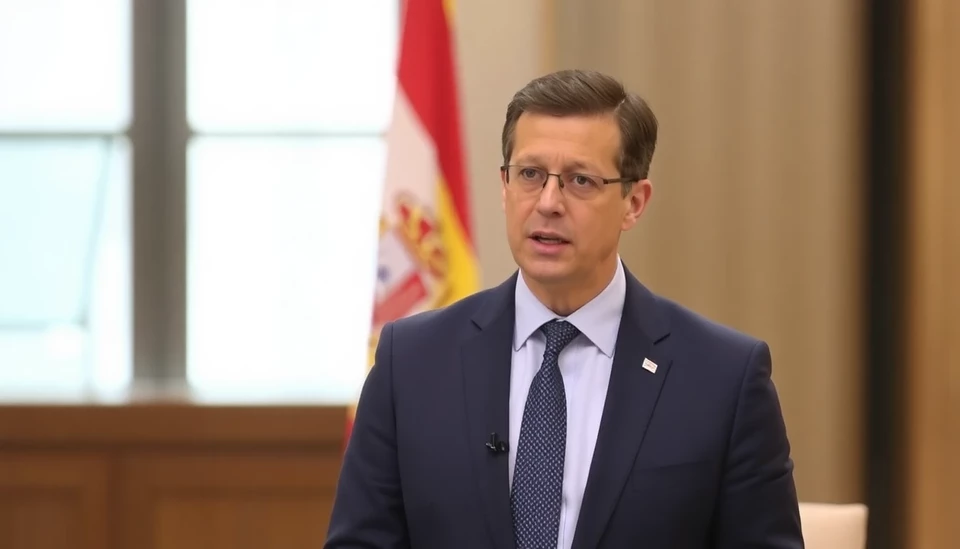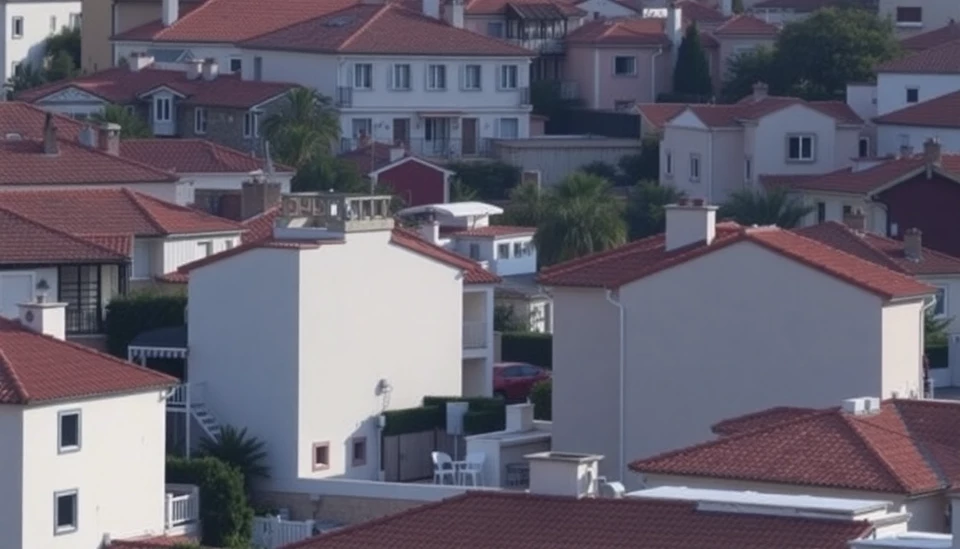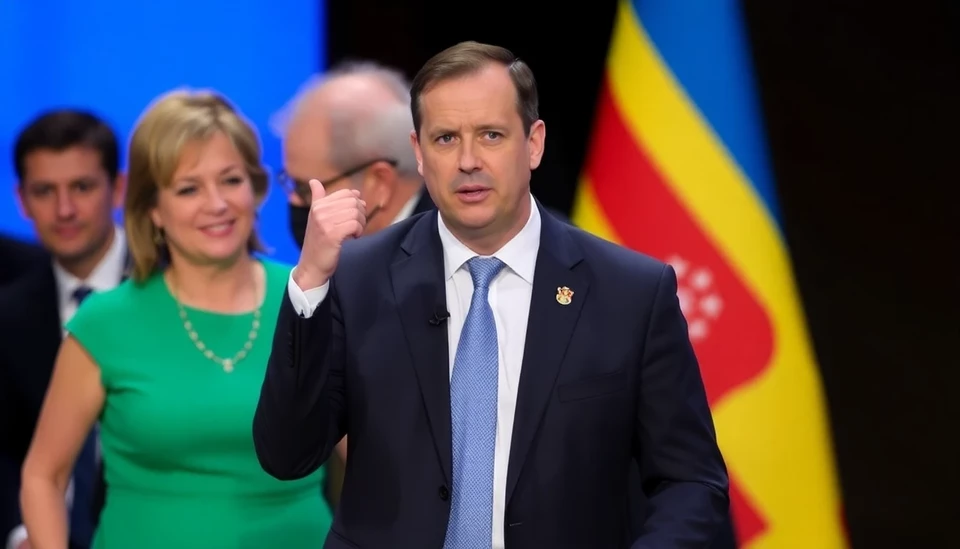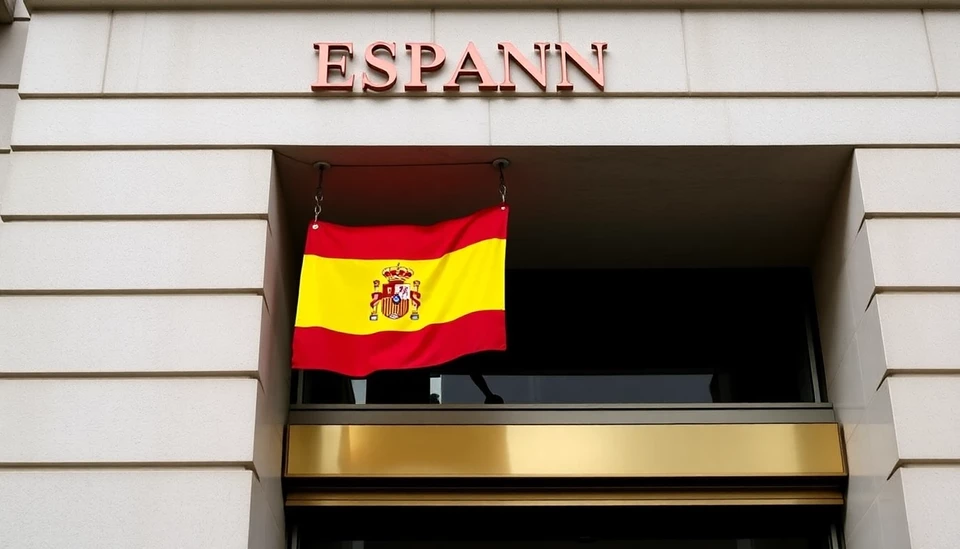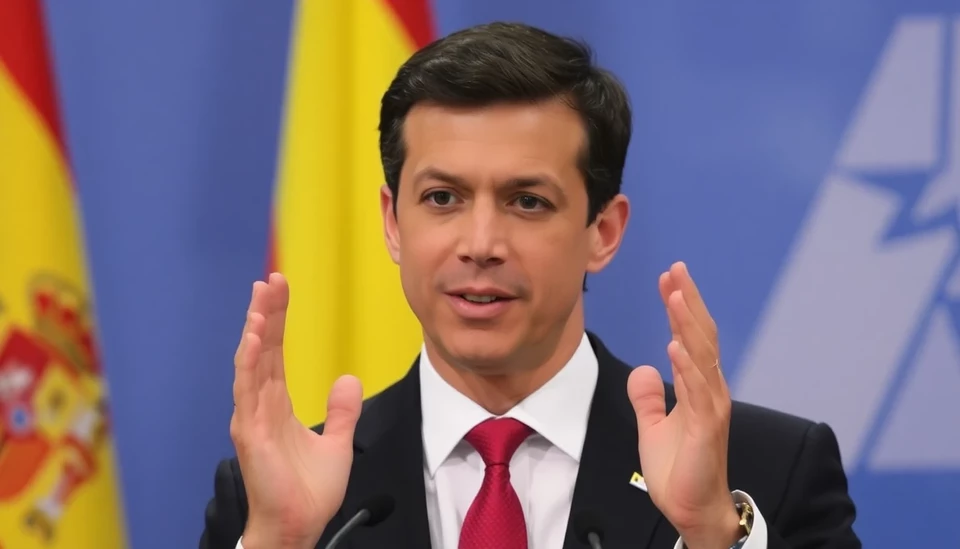
In a significant political development, Spanish Prime Minister Pedro Sánchez is facing intensified scrutiny due to an ongoing graft investigation that has the potential to alter the landscape of the Spanish government. This investigation, which probes into allegations of corruption linked to Sánchez's previous administration, has sparked widespread concern and debate, particularly in the lead-up to crucial elections.
The investigation is centered around a corruption scandal involving public contracts that were allegedly mismanaged during Sánchez's tenure. Critics have claimed that the prime minister and his government officials may have engaged in dubious practices, favoring certain corporations in the awarding of contracts at the expense of taxpayer money. The accusations have a long history, stemming from audits that highlighted irregularities in contract processes.
As tensions rise, Sánchez finds his political future precariously perched as opposition parties eagerly seize the moment to challenge his leadership. The fallout from the investigation is already being felt, with approval ratings for Sánchez slipping significantly. Many voters are expressing feelings of betrayal and disillusionment, leading to a growing demand for accountability from government officials.
Adding to the complexity of the situation is the broader context of regional elections that are set to take place in the coming months. Analysts suggest that the investigation could have a damaging impact on Sánchez's Socialist Party (PSOE), especially in areas where the party has traditionally dominated but is now facing fierce competition from right-wing factions. Voters are more inclined to consider alternatives as scandals make headlines and media scrutiny intensifies.
Amid these challenges, Sánchez has attempted to maintain his composure, asserting his commitment to transparency and the rule of law. He has emphasized that the allegations are yet to be proven and that the judicial system will ultimately determine the facts. However, many are skeptical of his reassurance, interpreting it as an attempt to navigate through tumultuous political waters while further damaging the credibility of his administration.
Political experts are watching closely to see how this investigation will unfold and what ramifications it may have on the upcoming elections. Some speculate that Sánchez may face pressure to step down if new evidence comes to light, while others believe that he could potentially weather the storm if he can bolster support within his party and among loyal constituents.
The implications of this investigation extend beyond Sánchez and his party; they pose significant questions for the future of governance in Spain. Voter appetite for change is palpable, and if Sánchez is unable to resolve this graft issue satisfactorily, it may pave the way for a significant shift in Spain's political dynamics.
The coming weeks are critical, and all eyes will be on how Sánchez and his administration respond to the graft allegations while balancing the expectations of the electorate. The integrity of Spain's political framework is at stake, as citizens demand more transparency and accountability from their leaders.
As the investigation continues, the public remains keenly interested in the outcomes and the eventual implications for the stability of the Sánchez administration and Spain's broader political climate. The political arena is exceptionally volatile, and the investigation could set a precedent for how future allegations of misconduct are handled within the government.
In summary, the graft investigation swirling around Prime Minister Pedro Sánchez is not just a political scandal; it is a litmus test for the legitimacy of his leadership and the strength of Spain's democratic institutions. The results could redefine the political landscape as Spain approaches a critical period in its electoral journey.
#PedroSanchez #SpainPolitics #GraftInvestigation #CorruptionScandal #SocialistParty #PoliticalNews
Author: Daniel Foster

